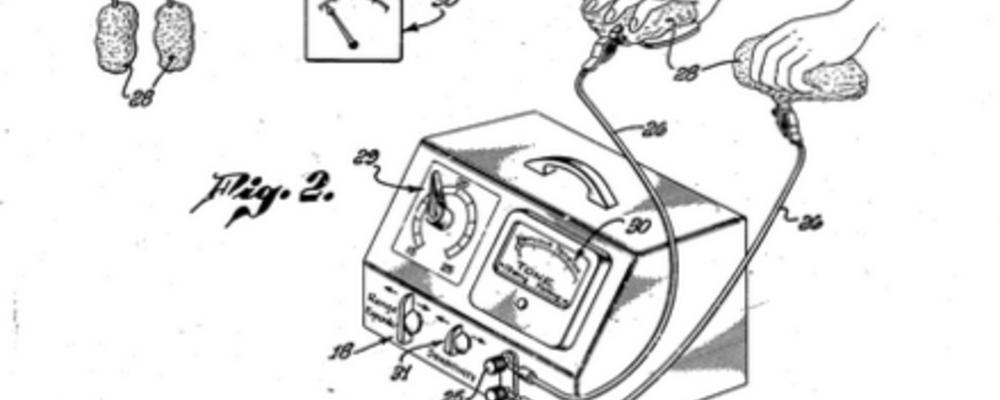Bild

Electropsychometer 1954.
DH-seminariet: E-Meter Metaphysics: Scientology, Psychoanalysis, and the Technological Inscription of Affect
Kultur & språk
Naturvetenskap & IT
This talk discusses the “electro-psychometer,” or “e-meter,” a highly sensitive variant of a “Wheatstone bridge” consisting of two hand-held electrodes and an apparatus that displays an oscillating needle. The e-meter is most notable as a technology used in the “auditing” sessions of the Church of Scientology.
Seminarium
